
What you should know about Stevia
A new substitute for industrially produced sugar is now available in Europe. After some barriers, Stevia Sweeteners have been approved in the EU since 2011. The Indians also called Stevia honey leaf or caja-he because of its enormous sweetening power. Paraguay is the home of the plant. Here it has been used for centuries not only for sweetening but also for healing purposes.
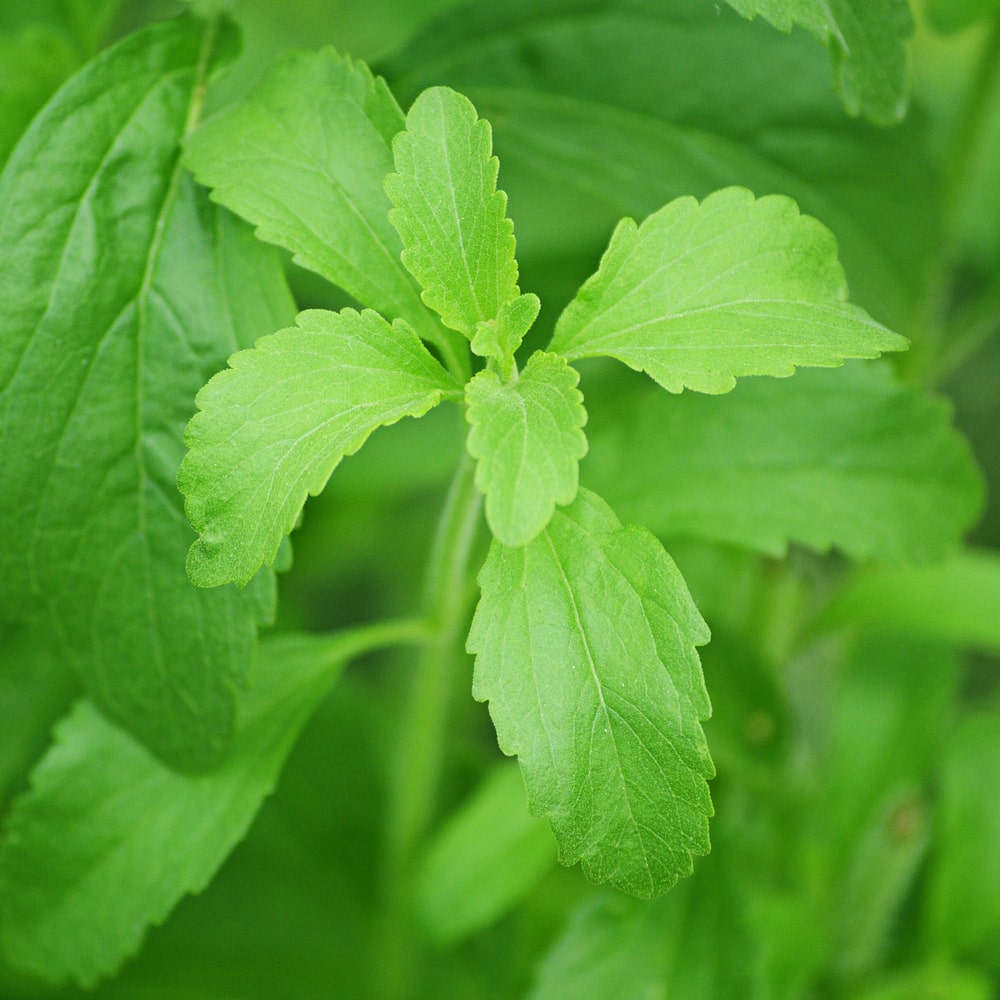
The Stevia plant.
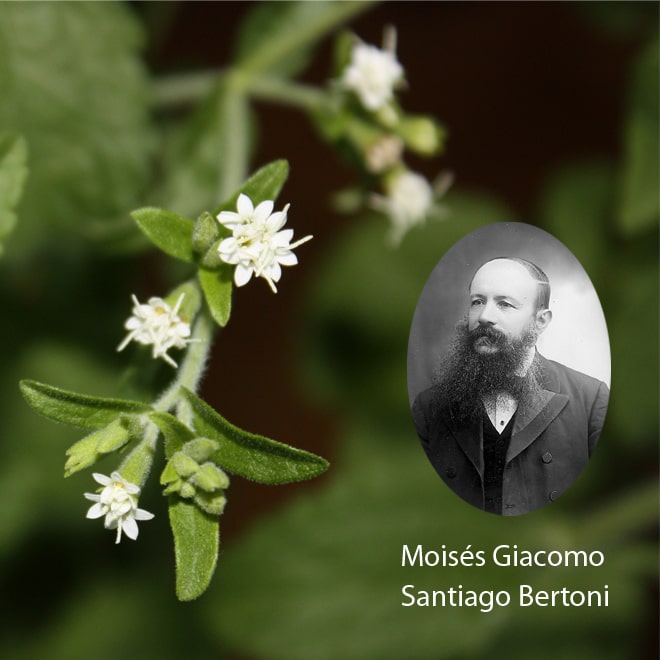
The Swiss botanist Moses Bertoni.
Stevia is a South American plant. In the broadest sense, the plant belongs to the so-called aster family, which also includes sunflowers, chicory and dandelions, for example. As early as the 16th century, the Spanish physician Dr. Francisco Hernandez described the therapeutic effects of Stevia in his writing.
Around 1900, the Swiss botanist Moses Bertoni described the sweetness of “honey leaves”, which is about 15 times sweeter than the sweetness of industrial sugar. Some varieties of the Stevia plant are even 450 times sweeter than sugar.
Instead of sugar, it is not only diabetics who use a variety of sweeteners. In the meantime, more and more people are turning to the plant-based alternative Stevia. South American Indians have been supplementing their mate tea with this sweetener for hundreds of years. Because sugar can cause many diseases.

Stevia is suitable for diabetics.
It starts with tooth decay and weight problems, then skin blemishes, intestinal fungi and metabolic diseases that weaken the immune system. That is why we should eat as little sugar as possible. However, we are born with a desire for sweetness. All children like to eat sweets for a reason: In nature, fruit is the sweetest thing there is.
Fruit or fruits have a high content of vitamins and are essential for healthy development. Nowadays, sugared children’s teas and unhealthy jelly bears replace fruit. Even as adults, we crave sweets all the time and tend to eat chocolate or other sweets quickly.
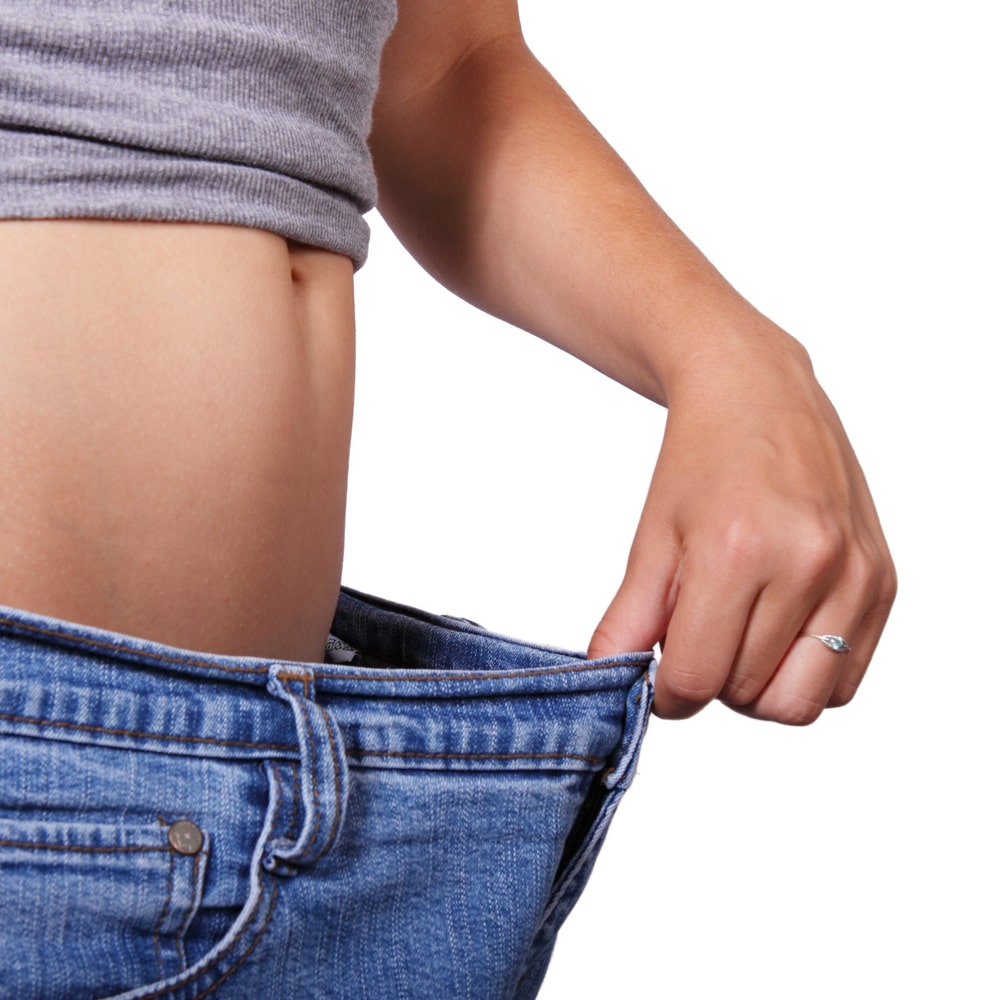
Weight problems and losing weight.
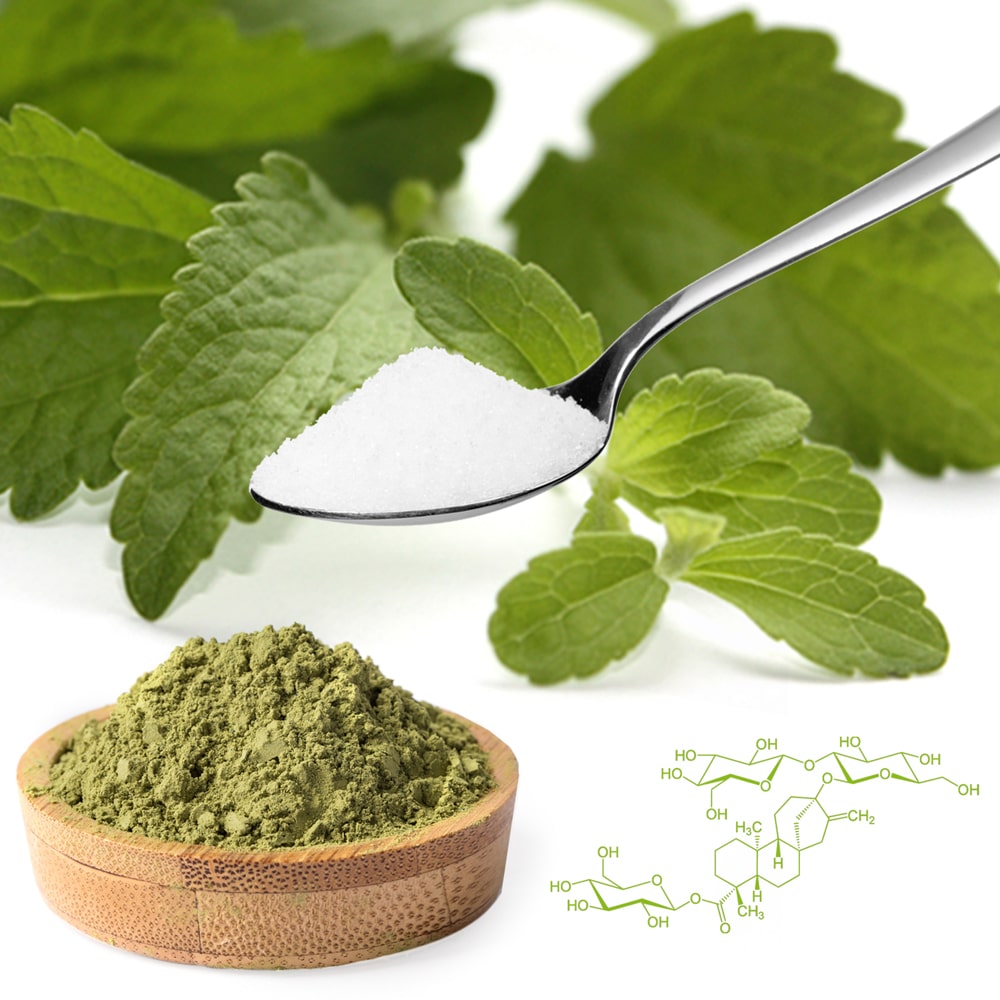
Stevia is a natural sweetener.
Stevia is being used as a plant-based sweetener in more and more foods such as sweets, iced tea, yoghurt, ketchup, jam or cola.
This means that the products have significantly fewer calories than products sweetened with sugar. We would like to answer the most important questions about the sweetener Stevia here.
Is Stevia a natural sweetener?
Stevia is a natural sweetener and is extracted from the Stevia plant. In South America, Stevia has been used for a long time not only as a sweetener. There are different extraction methods and today it is produced without the use of chemical processes.
Today, manufacturers of high-quality foods increasingly prefer raw materials from physical extraction processes. Instead of relying on chemical extraction processes, the use of CO2 or water extraction is becoming more and more common.
What are the advantages of the sweetener Stevia?
Stevia has almost no calories and is up to 450 times sweeter than sugar. Therefore, you only need very small amounts of it. The sweetness does not cause tooth decay and helps you stay slim. Another advantage is that Stevia does not affect insulin levels, which is why diabetics like to use it.
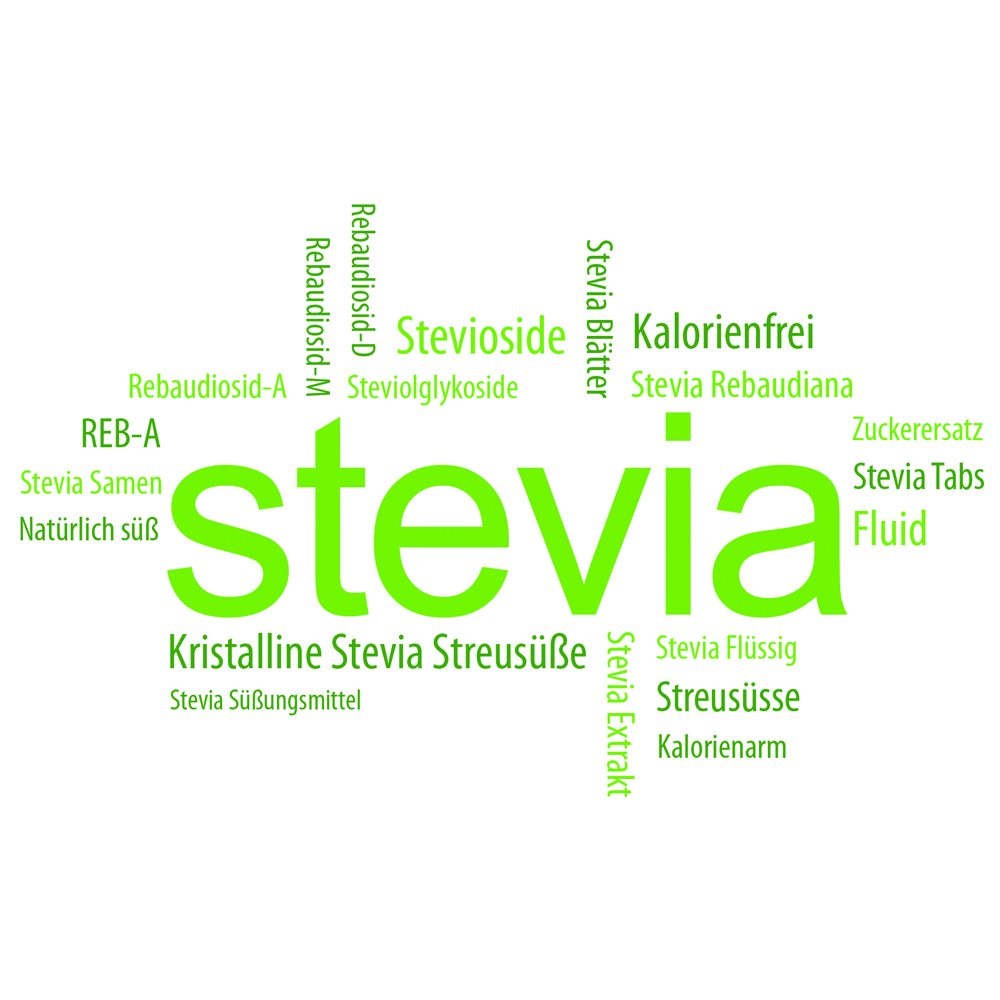
Stevia sweetener as a sugar substitute.
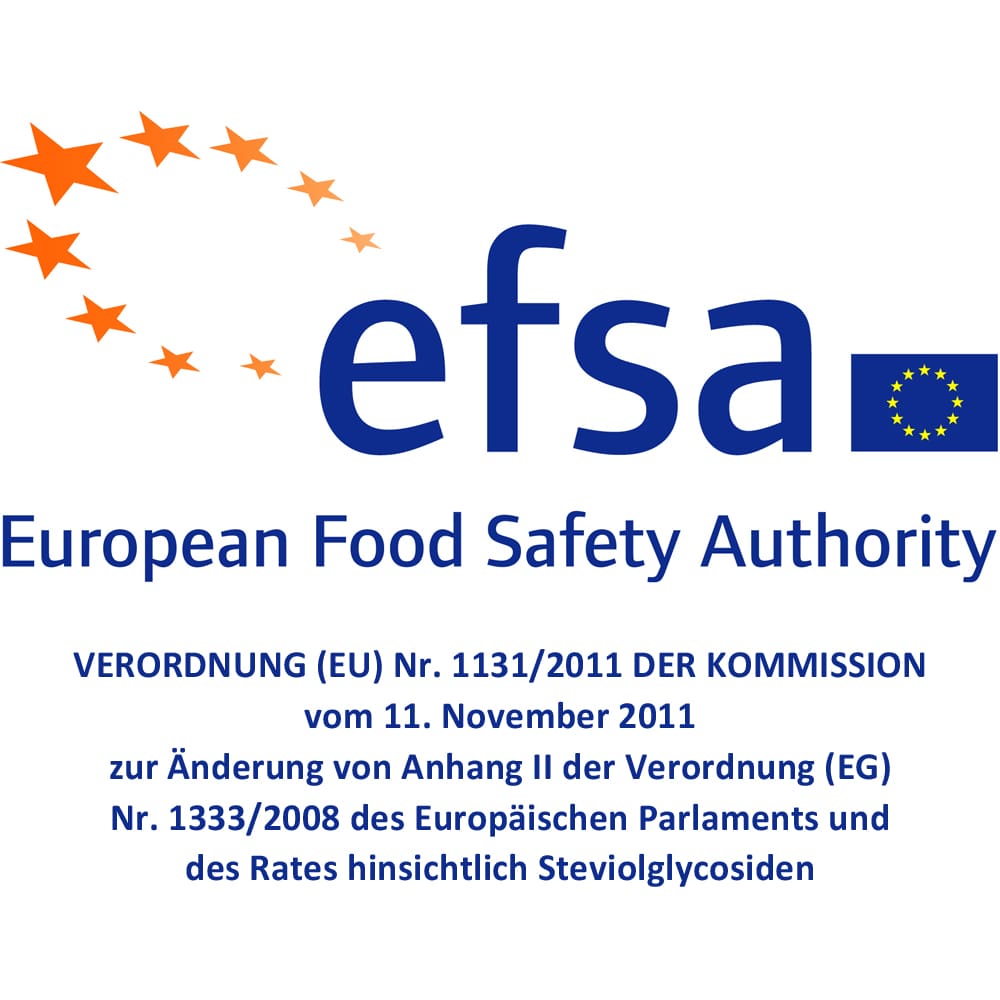
Stevia is considered safe and has been approved by Efsa.
The advantages of the herbal sweetener Stevia at a glance:
- Stevia is 100% calorie-free and therefore facilitates weight loss.
- It is a 100% natural sweetener
- Stevia has a particularly high sweetening power
- Neither the blood sugar level nor the insulin secretion is influenced.
- Stevia does not cause cravings
- Stevia is particularly tooth-friendly
- Unlike table sugar, Stevia is not addictive
- Stevia is heat stable up to 200 degrees and also suitable for baking
How healthy is Stevia?
The ADI value for steviolglycosides is 4 mg steviol equivalents per kg body weight. Stevia has never been shown to pose a risk in clinical studies and is considered safe.
In Japan, chemically produced sugar substitutes have long been considered harmful to health and are banned. Therefore, stevioside (an extract from the Stevia plant) is widely used there as a sweetener in diet drinks, soy sauces and many sweets. According to Japanese research, Stevia is completely harmless to health. In Brazil, Stevia is even recommended for diabetics to lower blood sugar.
Can you lose weight with Stevia?
Stevia definitely helps to save calories. However, it should be noted that products in supermarkets often still have normal sugar added and are therefore no longer low in calories.
Do you want to lose weight? Then replace some of the sugar you use every day with Stevia. Take a look at the nutrition table. It will show you how many calories are really in Stevia.
Can you bake with Stevia?
Baking without sugar with alternative sweeteners. What you should bear in mind when baking without sugar. Sugar cannot simply be exchanged or replaced 1:1. Every sugar-free alternative, whether Stevia or erythritol, differs in its sweetening power. Depending on the sweetener, more or less of one must be used. The easiest way to do this is to try it out.
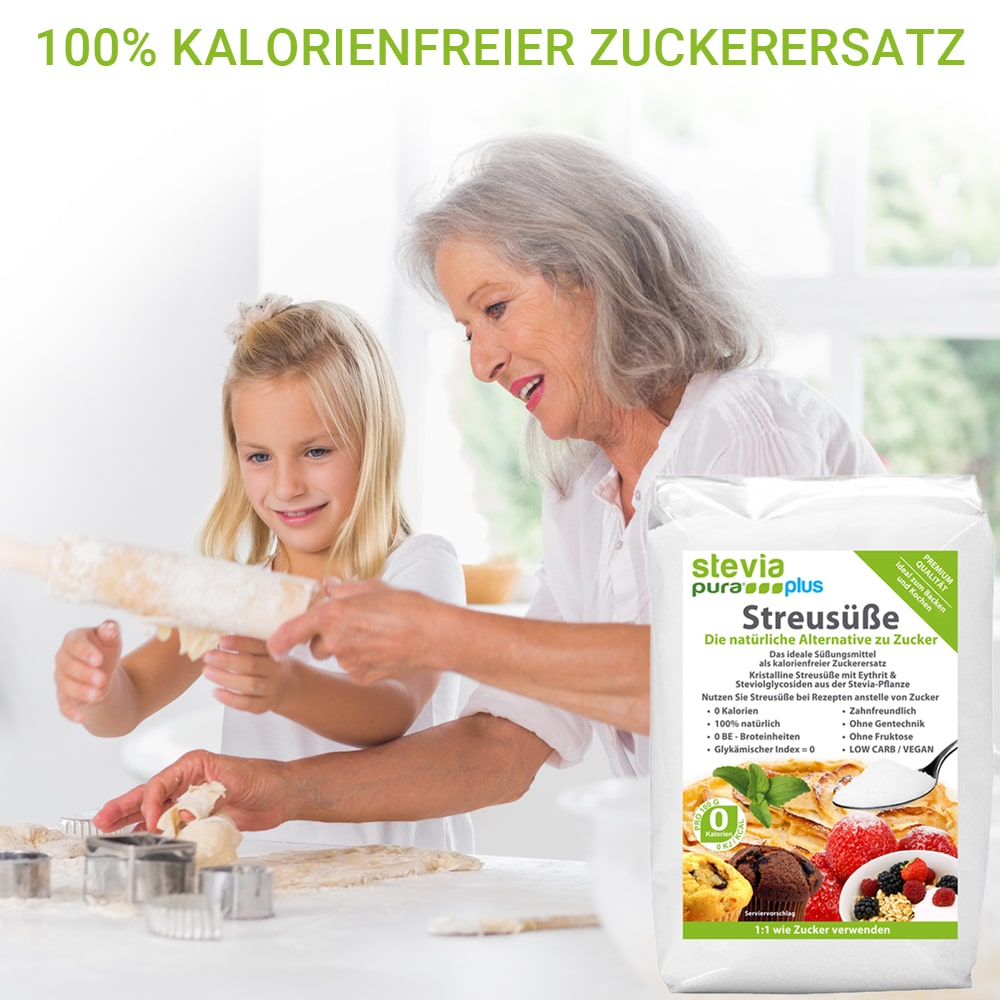
Blend of Erythritol and Stevia is ideal for baking.
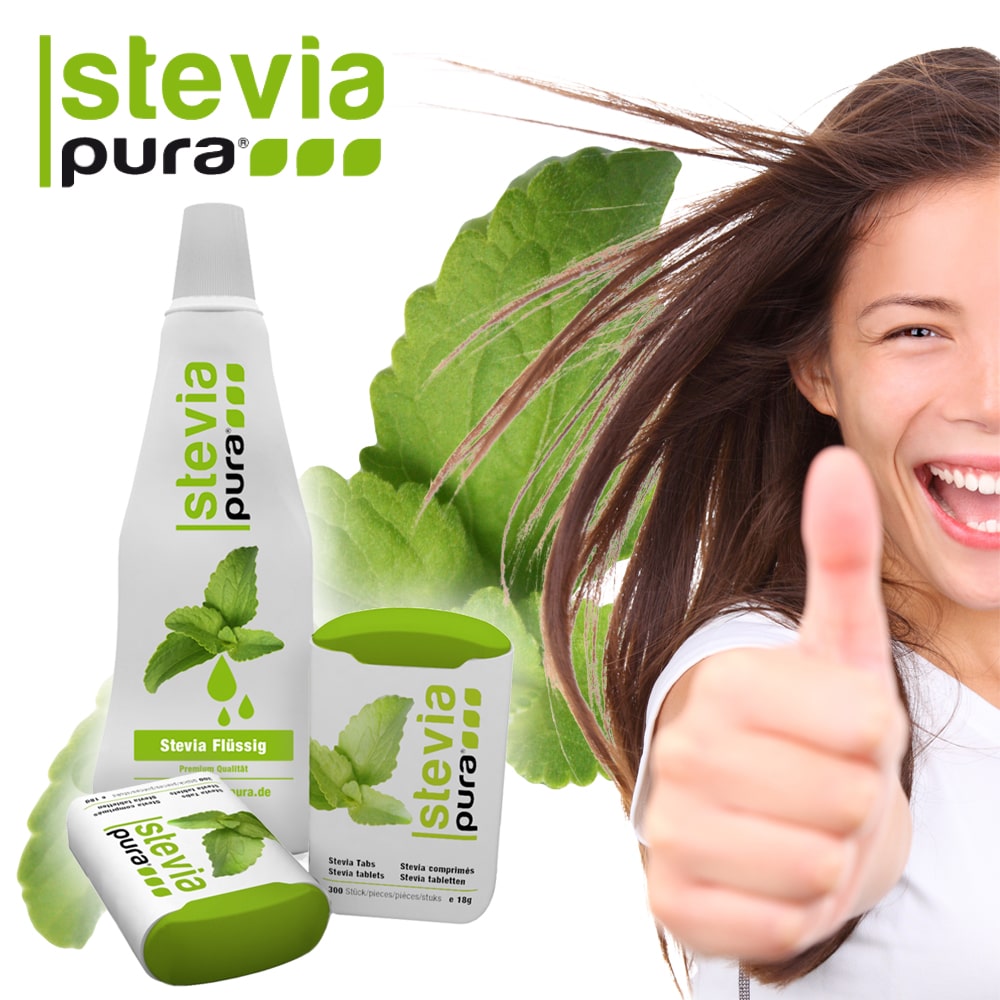
Stevia products as sweeteners.
Stevia has become increasingly popular as a sugar alternative for baking in recent years.
It should be noted that the ratio to the other ingredients in terms of mass is considerably lower than that of sugar. Shortcrust pastry is no problem with Stevia. In the case of sponge cake or sponge dough, sugar serves as an important mass-volume supplier and is therefore almost impossible.
In this case, a mixture of erythritol and Stevia is suitable. It is also often called spoonable sweetener and is very easy to use and convert in the ratio to sugar 1 to 1.
When shopping, make sure that you do not use pure erythritol, as this only has a sweetening power of 60-70% to sugar.
It is cheaper to buy sweetener in a ratio of 1:1.
Sweetening without a guilty conscience with the sugar substitute Stevia
Although the human body cannot break down Stevia, it is able to perceive the sweetness of the sugar substitute. Nevertheless, Stevia does not contain any calories and thus offers a great advantage over household sugar. Another advantage of Stevia sweetener is that they are gentle on teeth and do not cause tooth decay. So why not switch to Stevia right away?
You can now buy Stevia sweeteners and foods containing Stevia in any supermarket. It is available in liquid, powder and tablet form or directly in selected products and foods such as soft drinks, tea, sweets, jam or yoghurt and many other products.
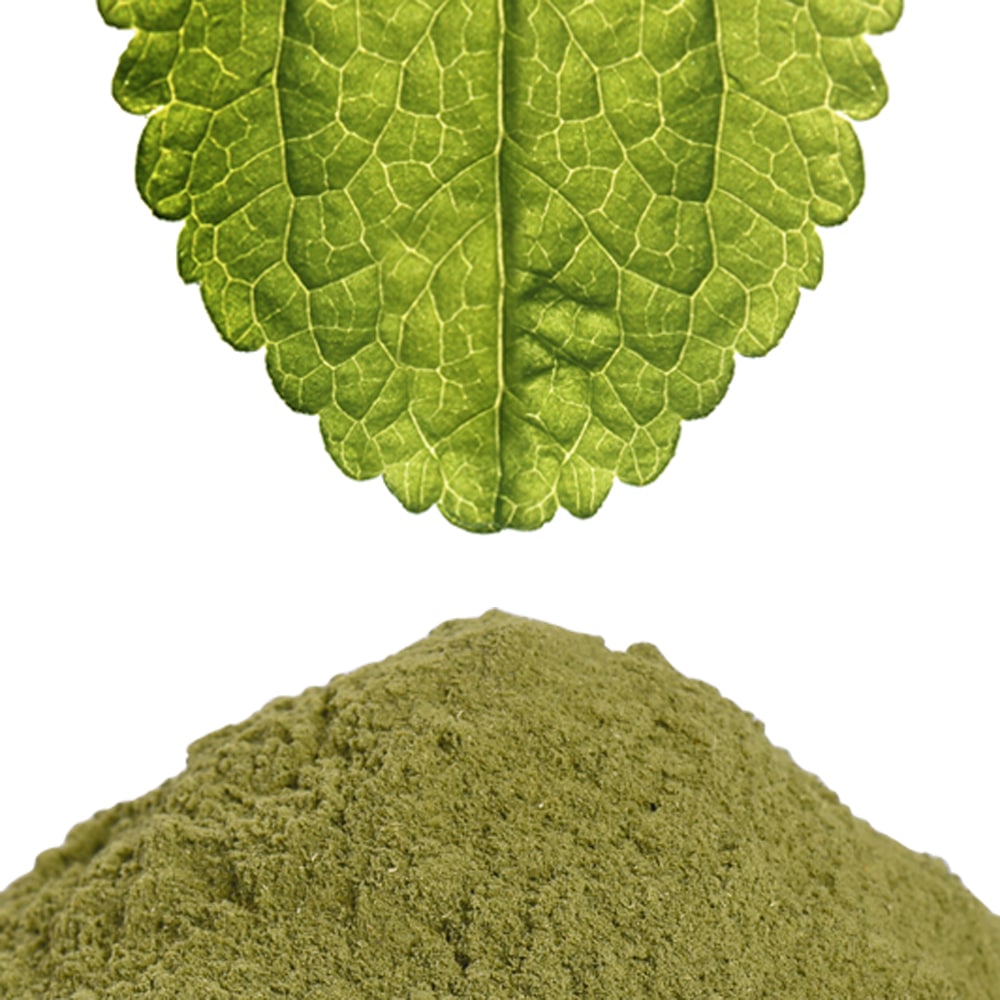
Ground Stevia Leaves
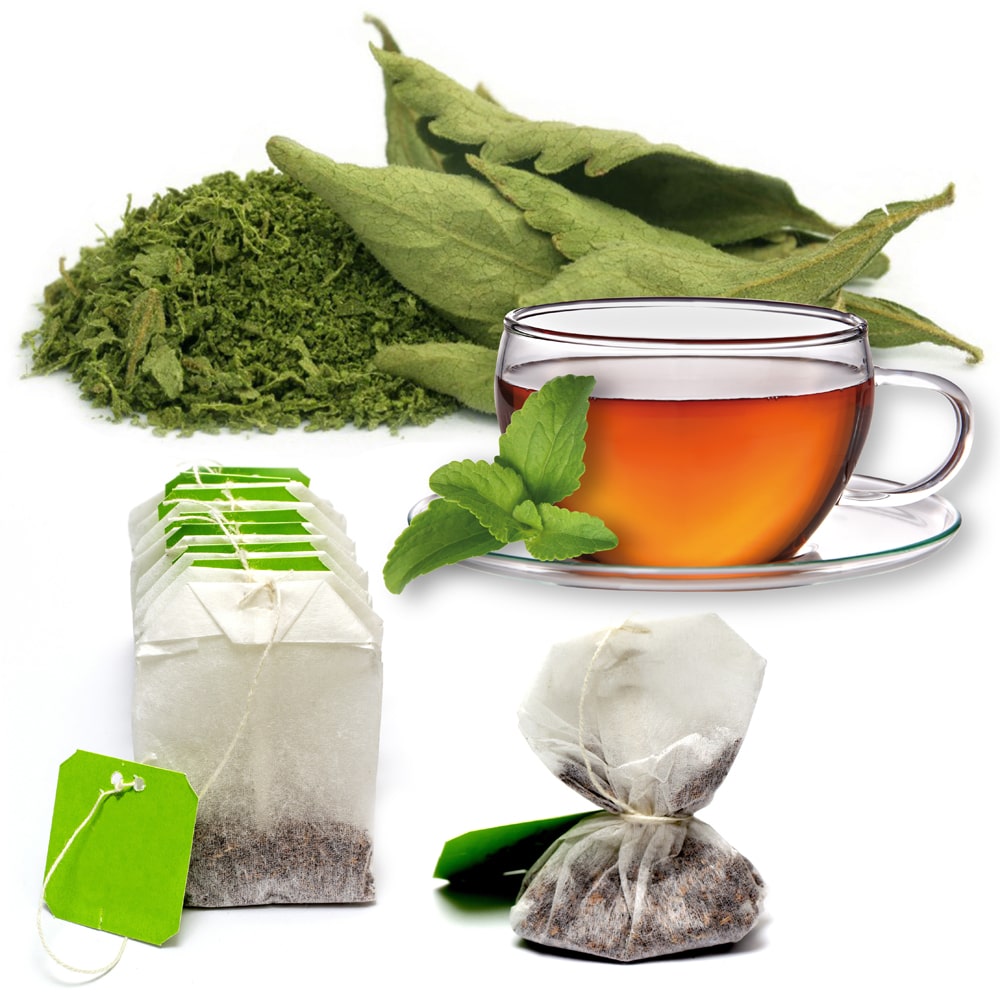
Stevia for sweetening tea.
When buying Stevia products in supermarkets or drugstores, pay attention to the ingredients, as they often contain added maltodextrin, glucose, fructose or sorbitol.
In Germany, you can buy dried or ground leaves of the Stevia plant in more and more pharmacies, health food shops and health food shops. However, traders can only sell Stevia leaves as a tea/tea additive.
Stevia for sweetening tea
The leaves of the Stevia plant are particularly popular for sweetening herbal and black tea.
Stevia leaves, whether fresh or dried, are considered novel food. In order to bring novel foods onto the market, they must be approved. No such approval exists for Stevia leaves.
However, since the use is assessed separately, Stevia leaves for teas are not considered novel. Tea blends containing Stevia leaves as an ingredient may therefore be marketed. The Novel Food Regulation of the EU Commission determines whether a product is considered novel.